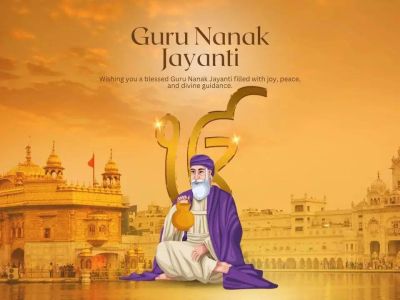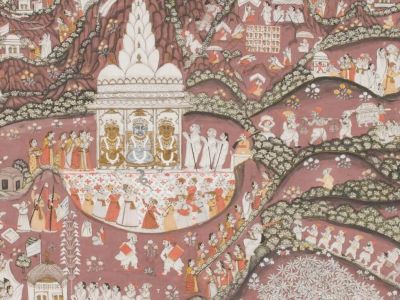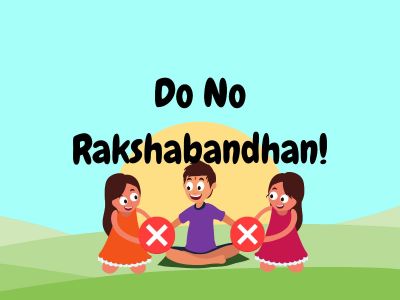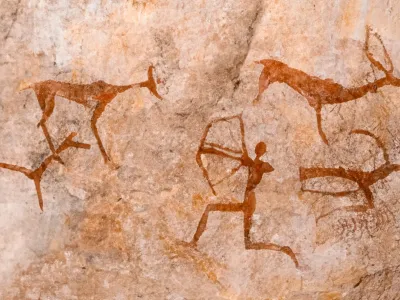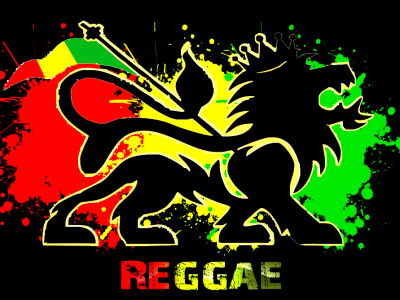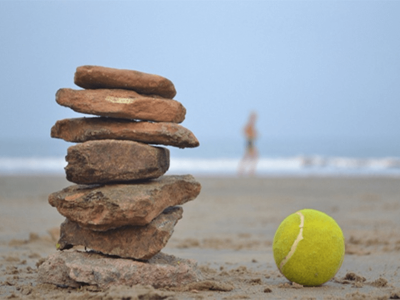Indian Independence Day: Celebrating Freedom, Unity, and Progress
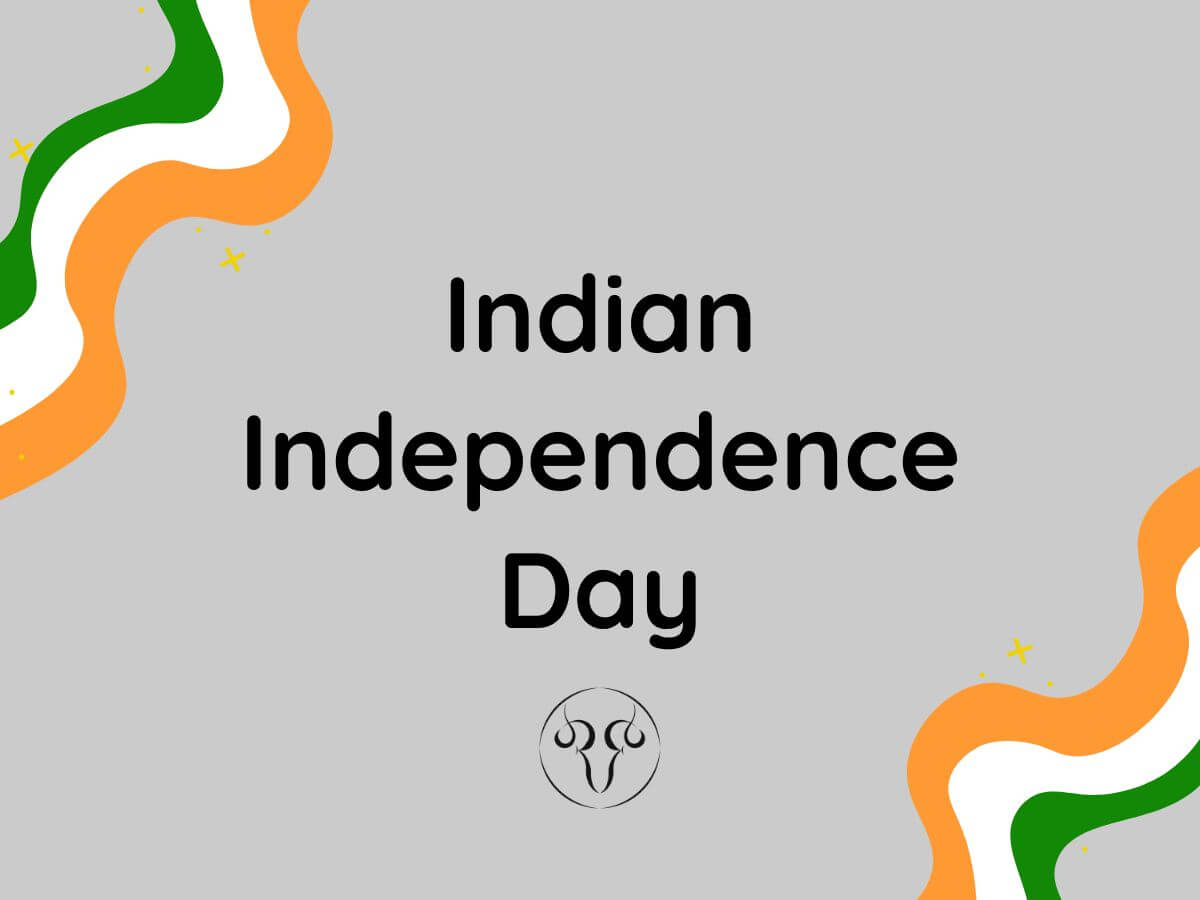
India's Independence Day, observed annually on August 15th, holds a special place in the hearts of every Indian. It marks the day when the nation gained freedom from British colonial rule in 1947. Beyond its historical significance, Independence Day serves as a time of reflection, celebration, and renewed hope for the future. The occasion is celebrated with fervor and enthusiasm across the nation, reminding citizens of the sacrifices made by their forefathers and the progress that has been achieved since then.
Historical Significance
The story of India's struggle for independence is a saga of determination, sacrifice, and unity. Led by visionary leaders like Mahatma Gandhi, Jawaharlal Nehru, and Sardar Patel, the Indian freedom movement was characterized by nonviolent resistance and civil disobedience. August 15th, 1947, marked the end of nearly 200 years of British colonial rule, granting India the right to self-governance and laying the foundation for the world's largest democracy.
Flag Hoisting and Address
The focal point of Independence Day celebrations is the flag hoisting ceremony. The national flag, with its saffron, white, and green stripes and the Ashoka Chakra, is hoisted at various government offices, schools, and public spaces across the country. The Prime Minister of India hoists the flag at the historic Red Fort in New Delhi, followed by a stirring address to the nation. The speech reflects on the nation's achievements, highlights current challenges, and outlines the government's vision for the future.
Patriotic Parades and Cultural Displays
Patriotic parades are a captivating spectacle during Independence Day celebrations. The armed forces, paramilitary units, and school children participate in processions that showcase discipline, unity, and military prowess. These parades not only honor the sacrifices of soldiers but also inspire a sense of national pride. Additionally, diverse cultural displays from different states demonstrate the rich tapestry of Indian heritage, traditions, and unity in diversity.
Symbolism and Unity
Independence Day serves as a reminder of the unity that binds India's diverse population. Despite differences in language, culture, and ethnicity, citizens unite under the tricolor flag to celebrate a shared identity and a common goal of progress. The day embodies the spirit of inclusivity, transcending geographical and social boundaries.
Education and Awareness
Educational institutions play a vital role in instilling patriotism and a sense of responsibility among the youth. Schools and colleges organize special assemblies, cultural programs, and competitions that promote awareness about India's history, values, and achievements. Students participate with enthusiasm, showcasing their creativity and talents.
Global Observance
India's Independence Day celebrations transcend national borders. Indian embassies and consulates around the world organize events that highlight the country's culture, heritage, and contributions to the global community. The day fosters a sense of camaraderie among the Indian diaspora and serves as a bridge between nations.
India's Independence Day is not merely a historical milestone; it is a testament to the nation's resilience, unity, and progress. As the tricolor flag flutters in the wind and citizens come together to celebrate, the spirit of freedom and hope is renewed. The occasion serves as a reminder of the past sacrifices and the responsibility to build a brighter, inclusive, and prosperous future for generations to come.
